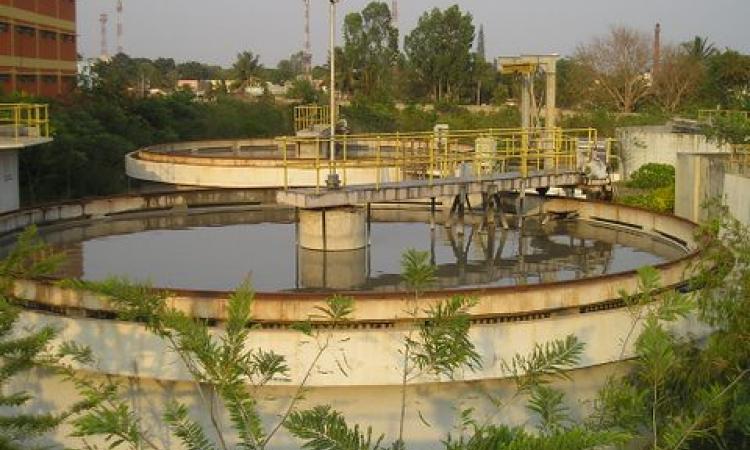
Railway stations to be classified based on wastewater generation
The Central Pollution Control Board (CPCB) will classify railway stations under the red, orange and green categories based on the quantity of wastewater generated and disposal of untreated water into the municipal drain systems. Railway stations generating wastewater equal to or more than 100 Kilo Litres per Day would be categorised as red while those greater than 10 KLD but less than 100 KLD would come under the orange category and railway stations with less than 10 KLD wastewater generation would be branded green. CPCB has issued a direction to all State Pollution Control Boards (SPCBs) to categorise railway stations and send an action taken report. (The Hindu)
Kerala government approves the controversial Athirapally hydel power project
The Kerala government has given a no-objection certificate (NOC) to the Kerala State Electricity Board (KSEB) so that it can apply for fresh financial, technical and environmental clearances for the Athirappilly hydel power project, proposed on the Chalakudy river. The project envisages building a dam across the Chalakudy river in the Athirappilly panchayat in Thrissur district to generate 163MW of power mainly to tide over the power deficit in the state. The project approval has come as bad news for the local panchayat, environmentalists and tribal groups who have strongly opposed the project as it can cause irrevocable damage to the river system, the surrounding forest areas, the rich biodiversity and the human settlements in the region. (The Indian Express)
Jal Shakti Ministry sanctions Rs 416 crore for Godavari clean-up project
Under the National River Conservation Directorate (NRCD), the Jal Shakti Ministry has approved Rs 416 crore for the Godavari clean-up project aimed at rejuvenation of the river. The project envisages construction of sewage treatment plants, underground drainage system which will include diversion facilities to ensure that untreated water does not enter the river. It is expected that once the Godavari project is complete, each household in Godavari district will be supplied drinking water under the Har Ghar Jal scheme. (The Times of India)
Odisha government propose cruises in water bodies, green activists oppose the move
The Odisha government plans to develop daily cruises at selected water bodies-- Chilika Lake, Mahanadi, Bhitarkanika, Satkosia Gorge and Hirakud reservoir-- with private participation. The move is aimed at promoting tourism in the state, which got devastated due to Cyclone Fani last year and now the lockdown. The Indian National Trust for Art and Cultural Heritage (INTACH) and environmentalists have opposed the government's decision to develop cruise on these water bodies as it will impact the ecosystem. Out of the selected sites, Chilika, Satkosia and Bhitarkanika are fragile and protected sites. While Chilika has a dwindling dolphin populations, Bhitarkanika has the saltwater crocodiles and delicate mangroves. (The Telegraph)
This kharif season, 25 percent of paddy area in Punjab to be planted using DSR technology
Moving away from the traditional practice of sowing nursery and then transplanting it, this kharif season, the farmers in the state are expected to plant around 25 percent of the total area under paddy crop through direct seeding of rice (DSR) technology. It is anticipated that besides saving labour, energy and cutting the cost of paddy cultivation by nearly Rs 6,000 per acre, the DSR technology can save upto 30 percent of water in contrast to the conventional method. To promote this technology and motivate the farmers to adopt it, the Agriculture department has sanctioned 4,000 DSR machines and 800 paddy transplanting machines to farmers on a subsidy ranging from 40-50 percent. (The Hindu)
This is a roundup of important policy matters from June 5 - 11, 2020. Also, read news this week.
/articles/railway-stations-be-categorised-based-wastewater-generation